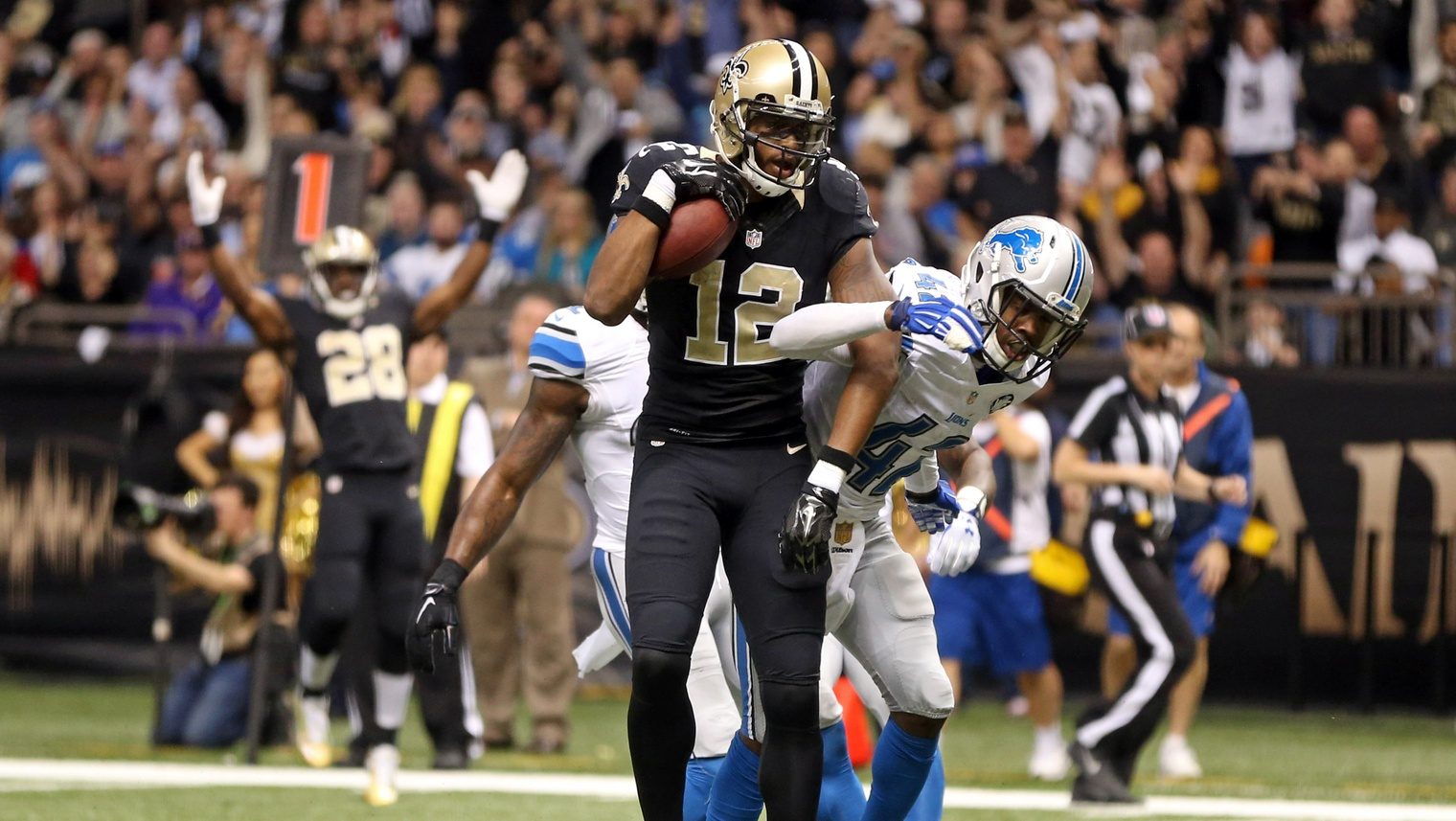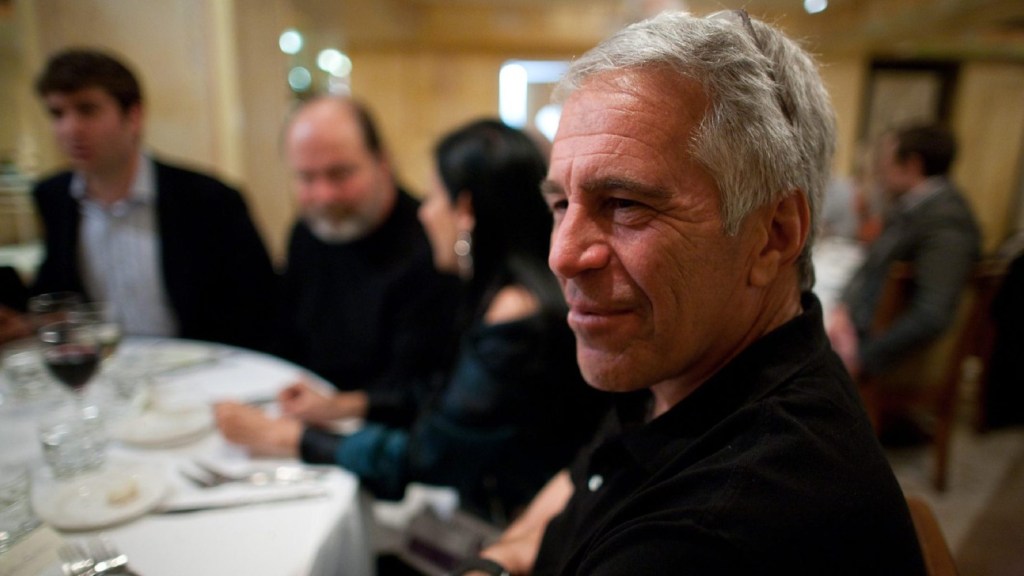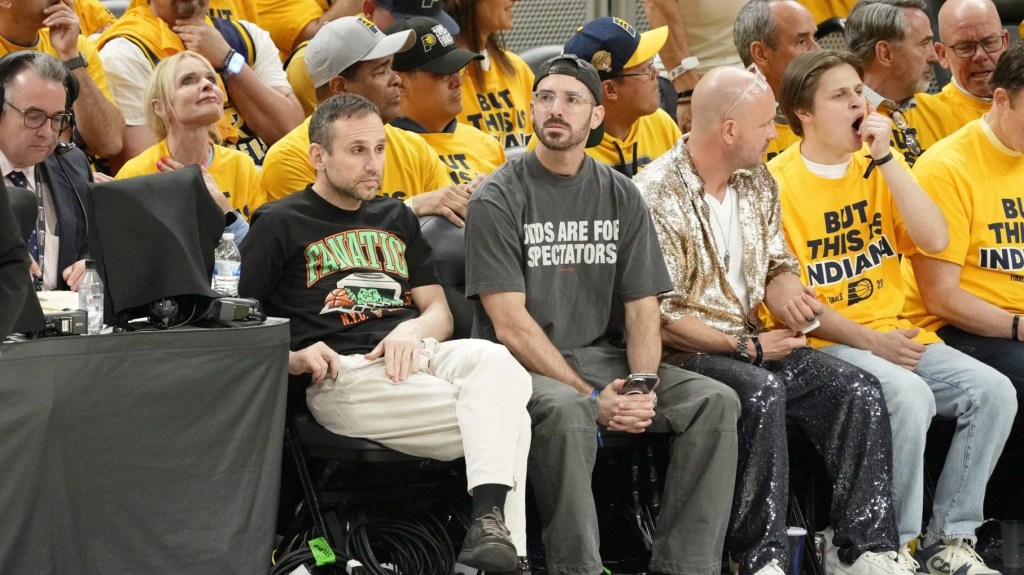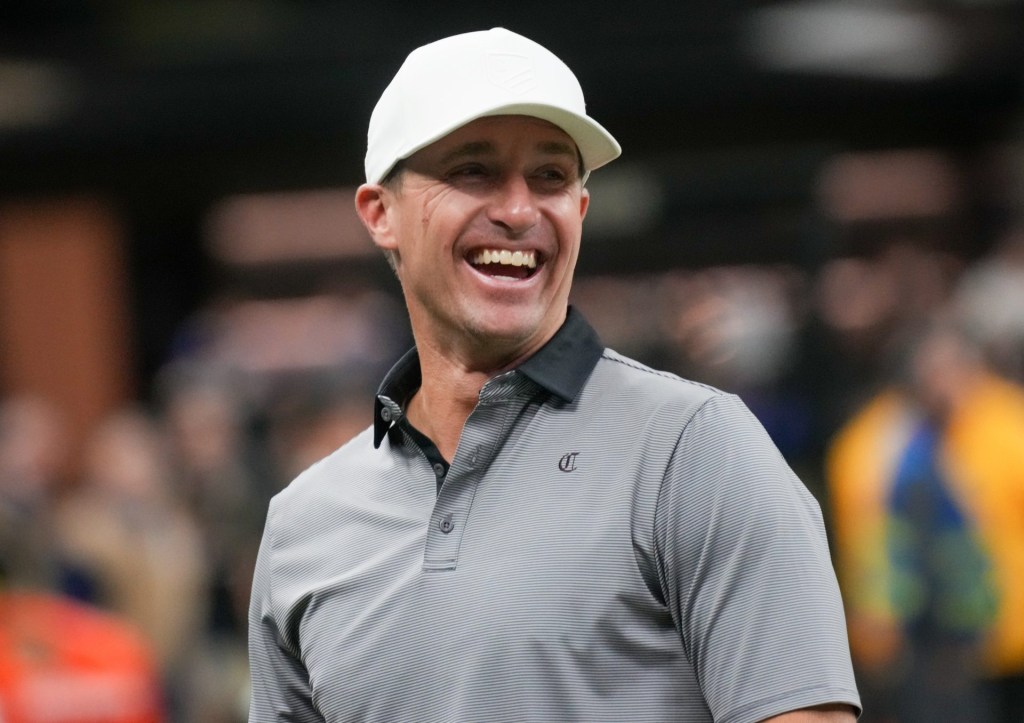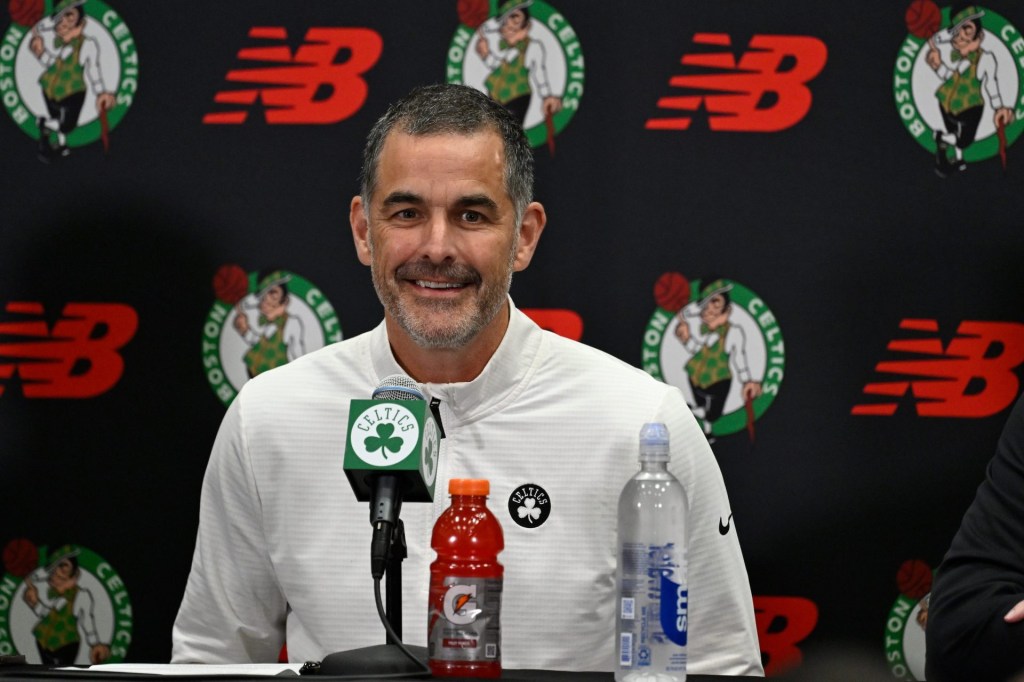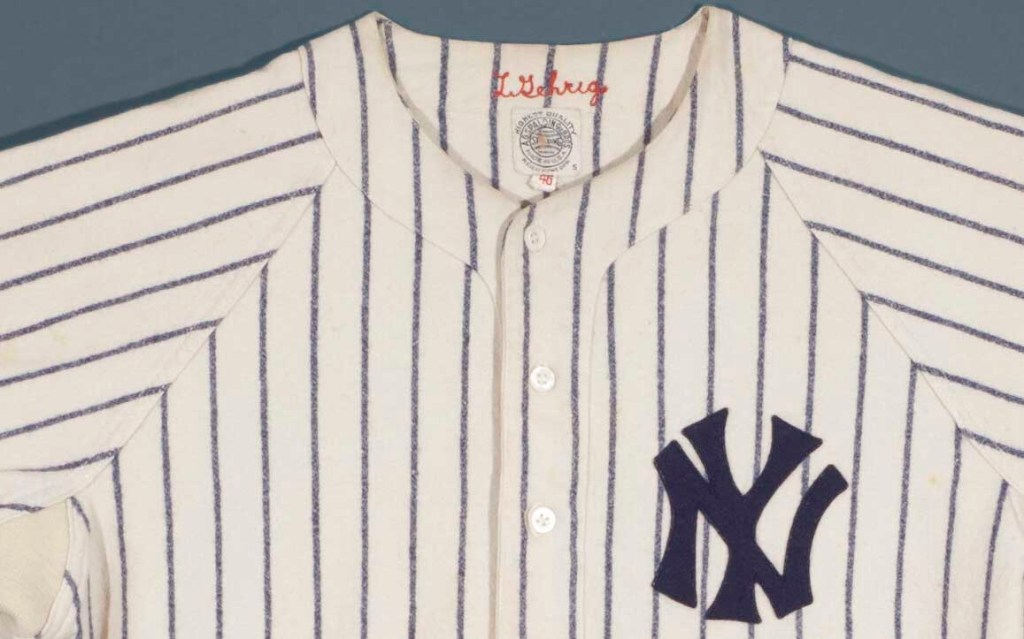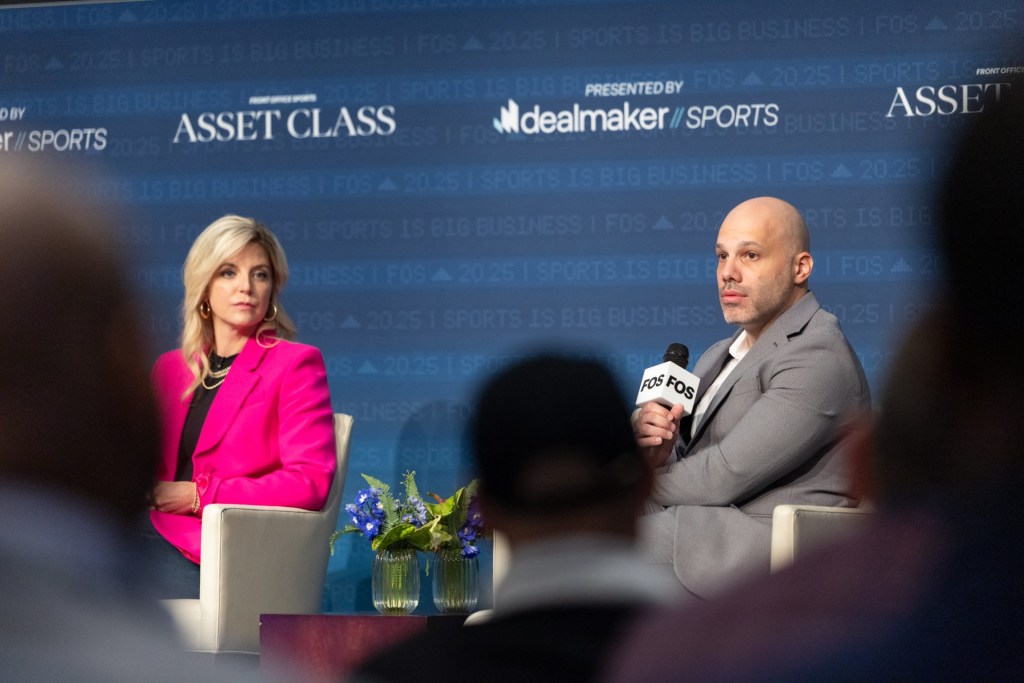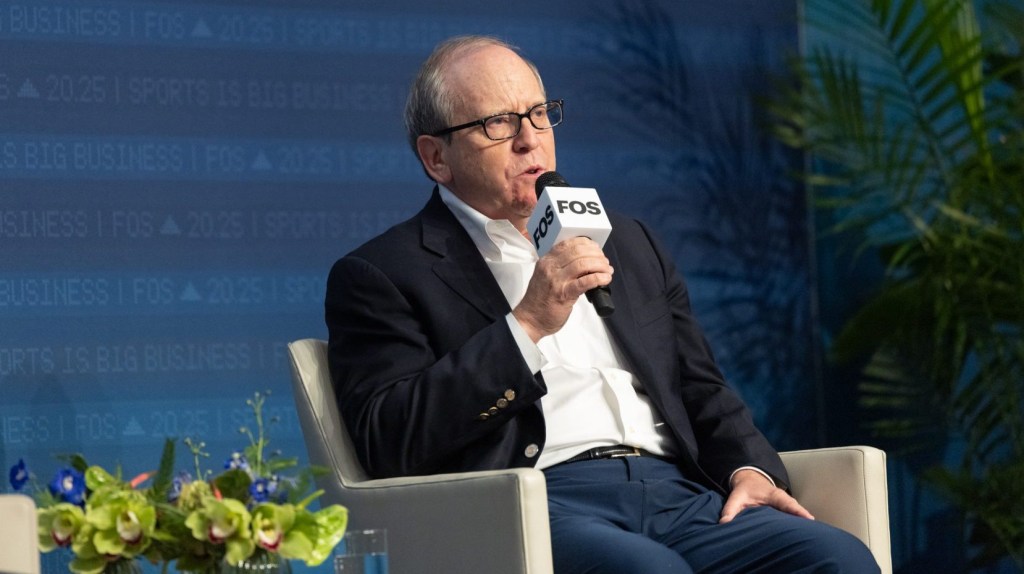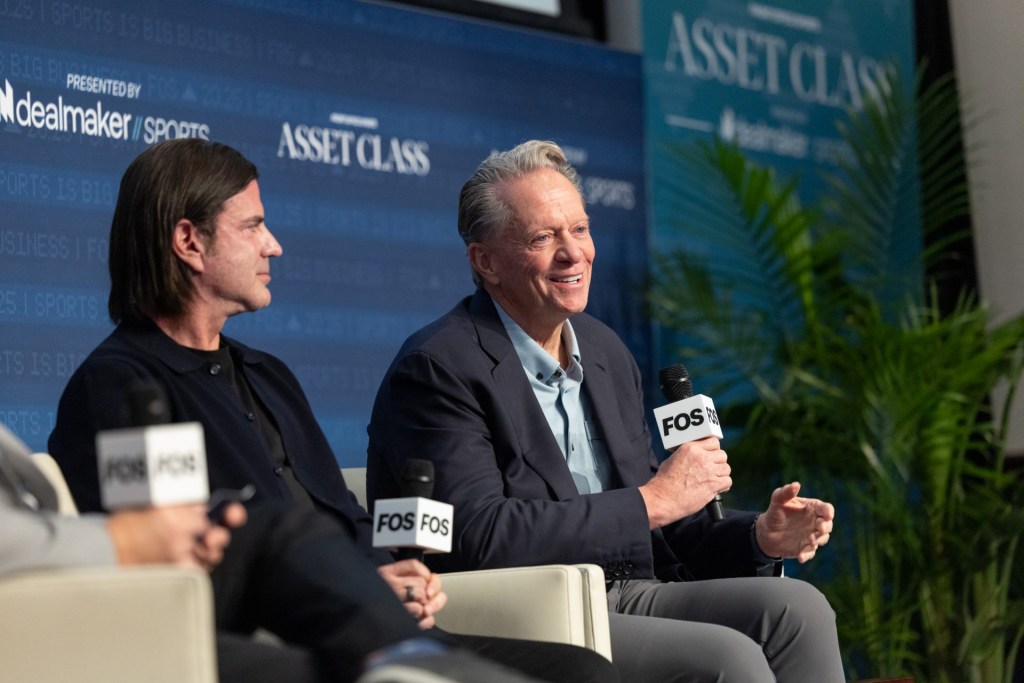Marques Colston was never the loudest guy on the field, but he was one of the most productive. The former Saints star wide receiver is applying the same approach in a post-playing career pursuit that seeks to reshape who gets access to investing in sports.
Colston, 42, and former pro mixed martial arts fighter Nick Edwards, 38, are launching a new fund through their firm, Champion Venture Partners, that will allow anyone to invest in the portfolio of sports assets they are building. The fund, Champion Fund, is evergreen, meaning it has no defined lifespan and can continue to raise capital on an open-ended basis.
The barrier to entry is far lower than the typical private-equity or team ownership deal: anyone can invest in the fund for as little as $500, a figure that is “compliance driven,” according to Edwards. “The juice has to be worth the squeeze. We wanted to make sure it makes sense for people to invest.”
For Colston, it’s about tearing down the walls that have long kept athletes, and everyday fans, on the outside looking in.
“I’ve never been an outgoing, marketing-driven athlete,” he tells Front Office Sports. “I was always the guy who was gonna come in, punch the clock, do my job at the highest level, and then go the hell home.”
Colston, who retired in 2016 and still leads the Saints in career receiving yards and is second in total touchdowns, punches a different clock nowadays. He and Edwards launched CVP Inc. about two years ago. Since then, they say they have generated roughly $100 million in portfolio value through equity stakes and enterprise growth, including deals in sectors such as European football and ticketing. They say CVP has secured the rights for these holdings to be rolled into the new fund.
“The vision was always to have at least one arm of our firm that was accessible to every investor,” Colston tells FOS. “The Champion Fund allows us to do that.”
The focus is growth-stage sports businesses, from ticketing platforms and hospitality plays to media, real estate around stadiums, and even direct stakes in teams.
“We have a really unique lens to be able to track how dollars are spent throughout the sports ecosystem,” Colston says.
Edwards offers a simpler way to think about it.
“Instead of sitting there swiping on DraftKings, or sitting at a baseball game and putting $500 on a parlay, you can have some meaningful ownership,” he says. “We think of it like a mutual fund. After you invest, you can see all the logos and know that you own part of this team, you own part of this stadium.”
The amount the fund will invest in a given deal will depend on the opportunity—larger for equity in a team or venue, smaller for sports tech companies. But the underlying theme, according to Edwards, is stability.
“We don’t do high-risk VC investment,” he tells FOS. “All of these are known names and brands, they just happen to be private, off-market deals that we get through our deal flow, and pass along to investors.”
At its core, Champion Fund is about eliminating gatekeepers and putting sports investing within reach for anyone who is interested.
“This vehicle is a way to open up an asset class that is ubiquitous, that everyone enjoys and participates in—whether you’re an athlete, fan, coach, administrator, or parent who has a kid in youth sports,” Colston says.
The fund from Colston and Edwards is similar to another fund that was recently launched, The Cashmere Fund, which counts reigning NFL MVP Josh Allen and his teammate, Bills safety Damar Hamlin, as investors. In June, Cashmere brought on three current Division I quarterbacks as investors: LaNorris Sellers from the University of South Carolina, Kevin Jennings of Southern Methodist University, and Avery Johnson of Kansas State University.
Both are evergreen funds that are open to the public and have $500 minimum investments. The key difference is that Champion Fund is specifically focused on sports investments, while Cashmere invests across a range of sectors.
